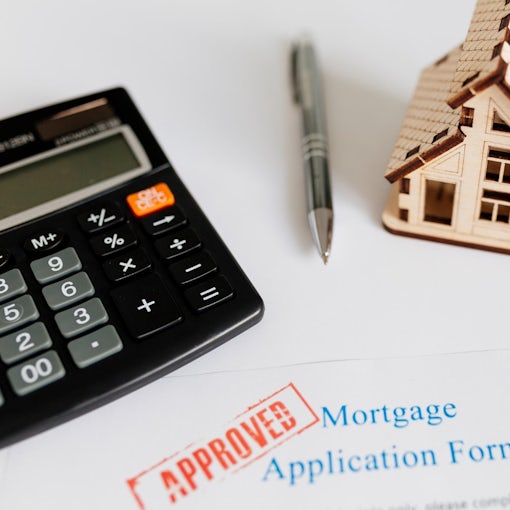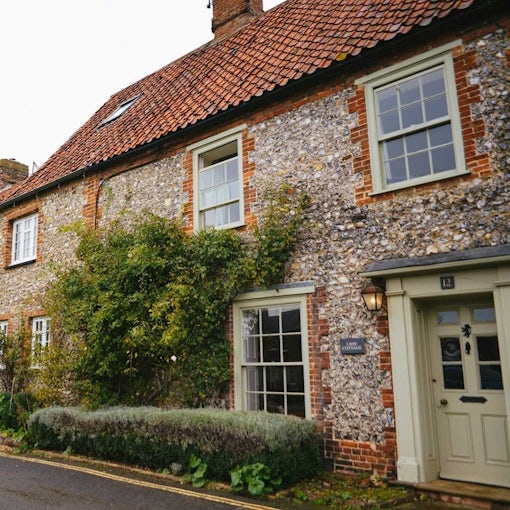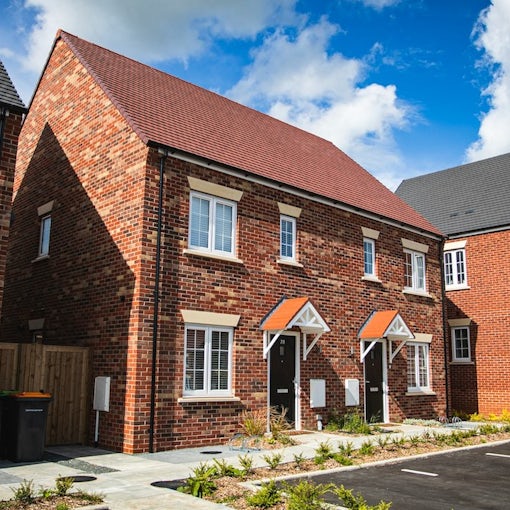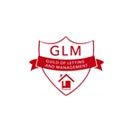The private rented sector has more than 400 rules and regulations designed to help tenants rent property safely – and now councils have new powers to issue fines of up to £30,000 to landlords who are not compliant.
The civil penalties serve as an alternative to prosecution, aiming to root out rogue landlords and making the private rented sector safer and fairer for all concerned. Penalties can be issued for a vast array of offences including failing to comply with an improvement notice, contravening licensing regulations, overcrowding and breaching a banning order, or renting a property with mould and damp.
During the last few years there have been plenty of landlords who have been prosecuted and fined.
The Lincolnite reports on a landlord who was fined more than £8,000 for endangering tenants. The landlord, who was found guilty on all charges, had left no safe escape route in two flats, had no smoke detectors and he had converted the house to flats without regard to building controls or planning permission.
Residentiallandlord.com report how the same landlord was fined £10,000 for breaching safety rules once again. This time the landlord had doors which were sealed shut, missing fire alarms and ceilings which had not been upgraded to reduce the spread of fire.
Meanwhile, LandlordZone reports on four Lincolnshire landlords who were fined a total of more than £230,000 for failing to license their properties.
Rogue landlords are in the minority but the regulations mean that even good-natured landlords can be caught on the wrong side of the law, simply because there are so many rules and regulations to follow!
It can be difficult to keep abreast of all the legislation changes and individual licensing regulations which apply to different local authorities but there are some steps you can take to help keep your rental properties legal.
1. Use the full management services of an ARLA or RICS letting agent, who will be up-to-date with the rules;
2. Join an accreditation scheme, such as the National Landlords Association, Residential Landlords Association or a local scheme such as the DASH (Decent and Safe Homes) accreditation scheme, which offers online training to helps you learn about the housing health and safety rating system (HHSRS) and a code of management setting out minimum standards in relation to your properties;
3. Get to know your local authority’s housing officer or team, who will be able to advise you on letting your property legally and safely.
It is definitely worth exploring the services offered by your local authority. Councils in Lincolnshire for example, offer email newsletters to landlords, via DASH, as well as joining forces to offer landlord events featuring advice from experts and the chance to share experiences.
Do let me know if I can be of any further help maximising your property returns, checking it’s legally let or making sure your portfolio is being successfully managed.
Contact me at 01522 544999 or becci.munro@belvoir.co.uk













